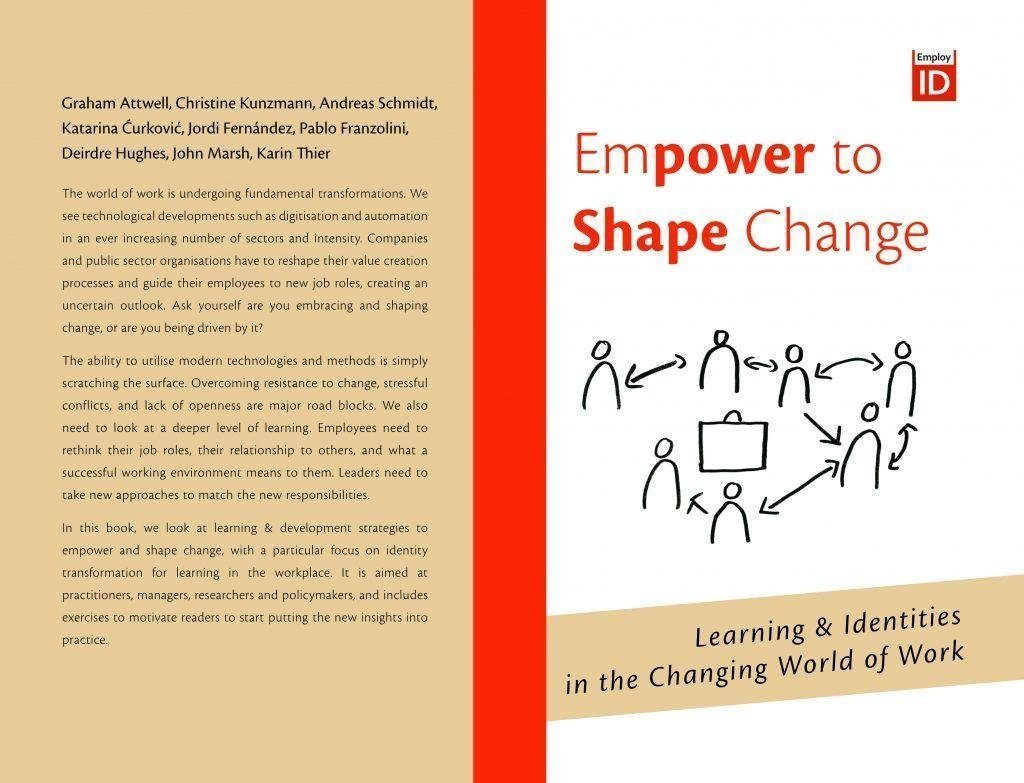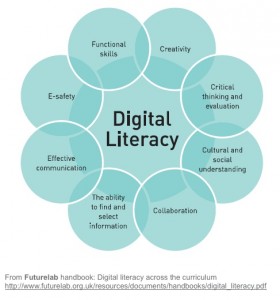Yesterday I wrote about the perosna methodology we have been trying out in the European G8WAY project on educational transitions. At the recent project meeting in Bucharest we split into groups to look at some on the initial interviews which have been carried out. I presented two interviews, undertaken in the UK by Angela Rees from Pontydysgu.
We had been asked to look at the interviews and discuss:
- What is the most relevant learning event of the case?
- Is this learning event only relevant in its national context or there features common to different countries?
- How we can make use of this learning event in relation with:
- Benefits for young people (What kind of support can we provide?)
- What is the impact on the proposed project Web 2.0 platform?
In this post, I will present Kat. In our discussion we consiered Kat to be almost a persona in herself, with a little further analysis added to the case study. Kat is focused on what she wants to do and an accomplished self directed learner. She learns from courses, from different jobs she undertakes, from the internet from reading and from her own research. We noted that transition is becoming more and more a permanent or overlapping state. Kat is constantly learning and her life appears a long period of transition with shorter periods of more intense transition occuring from time to time.
In terms of the potential of Web 2.0 to support Kat in her transition she lacks web tools to present her knowledge, research and achievements. Kat also explains that she spends much time searching for potential PhD opportunities. It seems somewhat surprising that noone has thought to develop a portal to allow easy access to such opportunities (or have they?). Kat might also benefit from the provision of e-guidance or e-counselling.
The project partners felt the case study to be relevant for their own countries (Portugal, Greece and Sweden). In fact Kat might be seen as following the typical career of a modern international researcher!
Kat,
Case Study
Motto: Life is what happens while you’re busy making other plans!
Demographic and biographical Characteristics
Kat, 29, female, comes from a well educated background, she is currently living alone in rented accommodation in France. Kat finds herself moving house frequently between London, France, Spain and her family home in Newcastle in order to take advantage of short term work placements as they arise. She enjoys the arts, always has her nose in a book and has an extensive, global network of friends and acquaintances.
Transitions
Educational and transitional pathways:
After graduating from her first degree in Zoology in 2003, Kat has been opportunistic in her method of finding field work, relying on contacts, friends of friends and recommendations.
“The issues I faced were gaining relevant experience to work in my chosen field, although that’s probably an issue specific to ecologists/biologists. I found it wasn’t too hard to get a job, but said jobs were little or no paid field assistant positions. My university lecturer helped me to find my first job, after that it was various contacts I made along the way. I’ve still not decided what I want to be when I grow up!”
This has lead her from the extremes of studying meercats in the Kalahari to birds on Skomer Island. Because of the nature of project work, Kat finds it difficult to find employment all year round. Her long term ambition is to study for a pHd and so lead her own research projects. With some fieldwork and research experience behind her Kat decided that the best way to pursue her dream was to return to Academia, she graduated with an MRes from Imperial College London in 2008 and has since been in a transition period waiting to be accepted onto a pHd. During this time she has been applying for pHd courses in her specialist area and working as an office temp in between taking on temporary research positions. She thought that the Masters level qualification combined with her research experience would give her an advantage in gaining a PhD placement.
Motivations and Strategies: Kat is quite particular about the type of research she wants to do, as such she has limited her search for a doctorate to universities which she perceives to be good. She also has a clear idea of the specific area in which she wants to work. She would rather wait to be accepted to study her own research proposal than compromise her ideals and spend four years working in an area that does not interest her, even if it would mean her being able to lead her own research sooner. She thinks that it is more beneficial to her to work on short term field work jobs in the meantime in order to make more contacts and keep her research experience current.
Ad hoc learning scenarios
The diverse nature of field work means that every six months or so, Kat embarks upon a new project and has to learn a new set of skills from scratch. Examples of this are identifying species of trees or birds, tracking, capturing, tagging and weighing animals, learning to use different laboratory management tools and data entry systems which are unique to the project. The work is very hands on, she says that it would not be possible to learn the skills as part of an on-line training course.
Support Services used
Lecturers and tutors on her first degree course passed on email addresses of researchers working in Kat’s areas of interest, from these few contacts she has built up her own network of potential employers and project supervisors.
Learning type:
Two main ways of learning are detectable:
Learning from practical experiences: Kat learns new skills on the job, now that she is becoming a more experienced researcher, she also finds herself supervising and teaching skills to the less experienced project workers.
Self-directed learning: Kat will find relevant research papers on the internet and also borrows books from the library. She also uses e-books, particularly when she is working outside of the UK.
Information and Communication Technologies
Much of Kat’s networking has been done via email, she also keeps in contact with colleagues via Skype. She uses websites to search for biology PhDs and field assistant positions.
“ I tended to use those websites more just for browsing to look for job adverts rather than creating a profile and finding people with similar interests. People with similar interests tend to be potential competitors for natural science-type jobs & PhDs which are a bit scarce, I imagine a facebook style network might inhibit a free and easy sharing of info and tips on jobs that you’ve seen.
Plus I really doubt that researchers or potential employers would take the trouble to search the site for good candidates. The nature of PhDs and field assistant jobs is that there are so many people wanting them, you just put the advert out there in New Scientist or wherever, then sit back and wait for the applications to flood in.”
She thinks that the most useful web tool would be something that pooled all of the jobs available onto one site,
“kind of like a temping agency who were in touch with every single Life Sciences university department and every ecological organisation in Europe, with details of jobs or field assistants required. You could go to them and say “I have these skills, I’m looking for paid/volunteer work, I’m available from this date” and they could place you in a suitable position. I doubt it’s feasible, as it would be an enormous undertaking but I, for one, would definitely sign up to such a thing. It would take away all the work and the hours and hours spent browsing online for positions.”
She does think that social networking could be useful particularly for putting new graduates in contact with established researchers, however she is very wary of networking with people in the same position as herself because of the fierce competition for jobs and placements.

